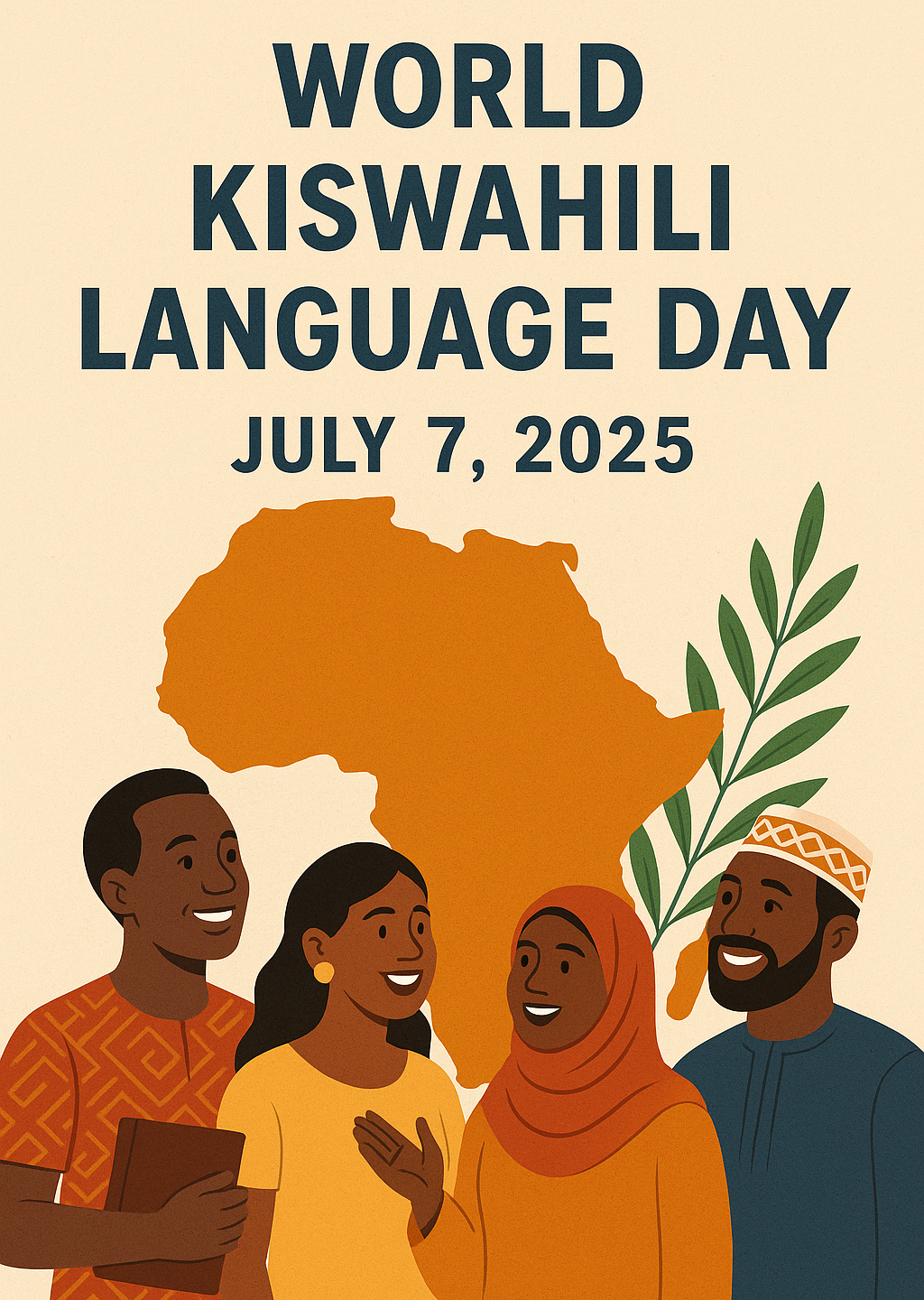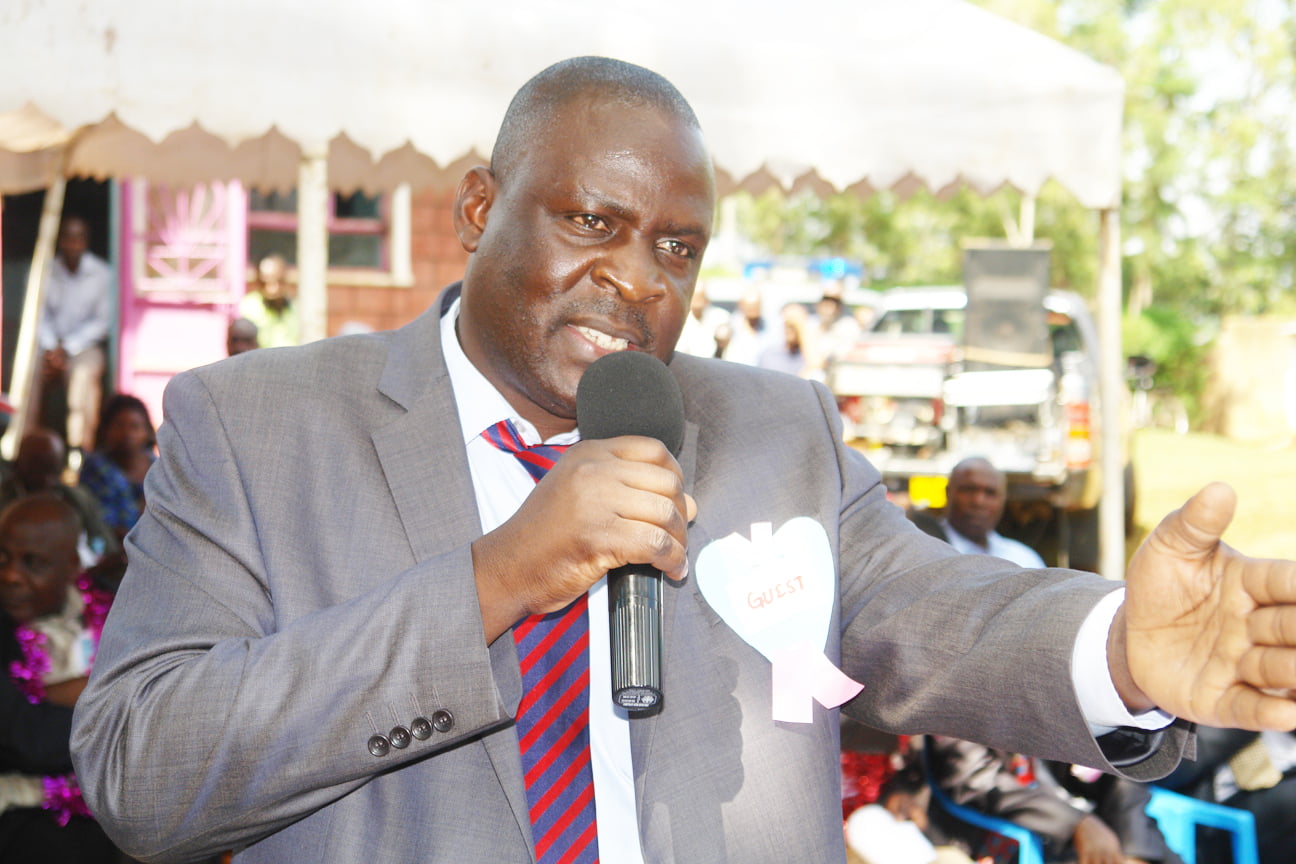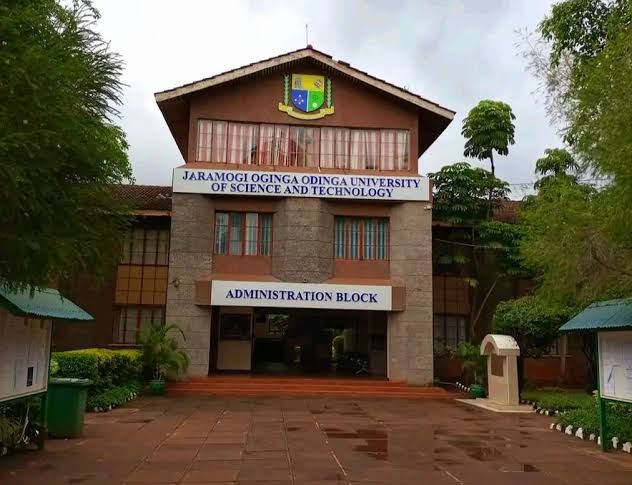World Kiswahili Day was marked on July 7,2025 with celebrations held across the African continent and globally to honor Kiswahili as a powerful tool of unity, cultural identity and education.
This year’s theme, “Kiswahili: A bridge for cultural diversity and intercultural dialogue,” emphasized the language’s role in promoting regional integration and mutual understanding among communities.
The day was officially adopted by UNESCO in 2021, making Kiswahili the first African language to receive international recognition through a designated global day. The choice of July 7 commemorates a historic milestone from 1954, when Julius Nyerere, Tanzania’s founding president, declared Kiswahili the unifying language of the independence movement. Since then, Kiswahili has grown into one of the most influential languages on the continent.
ALSO READ:
MMUST granted 7.6 Ha Land in Webuye for educational, environmental advancement
Today, Kiswahili is spoken by over 200 million people across more than 14 countries, including Kenya, Tanzania, Uganda, Rwanda, Burundi, the Democratic Republic of Congo, South Sudan and parts of Mozambique, Malawi, Zambia and Somalia. It is one of the official languages of the African Union (AU), East African Community (EAC), and Southern African Development Community (SADC). It is also being taught in universities in Africa, Asia, Europe, and the Americas.
In Kenya, several events were held to mark the day. At ABC Kiatineni Secondary School in Nairobi, students participated in a hybrid event connecting them to audiences in other countries. The program featured a reading of Kiswahili literature and discussions on the relevance of the language in modern education.
In the capital, the National Museums of Kenya, in collaboration with language organizations, hosted cultural exhibitions and Kiswahili dialogue sessions. Other community centres organized poetry recitals, debates, and school-based celebrations.
Renowned Kiswahili author and educator Wallah bin Wallah was among the key figures who reflected on the importance of the day. He emphasized the need to nurture Kiswahili not just through speech, but through writing, research and curriculum development. Other respected figures in Kiswahili literature and scholarship, such as Prof. Clara Momanyi, Dr. Kithaka wa Mberia, and Prof. Kimani Njogu, echoed similar sentiments, calling for greater policy support for Kiswahili’s growth at both national and continental levels.
ALSO READ:
Who Leads Junior School? A Deep dive into TSC’s administrative gaps
Regionally, Kigali, Rwanda, hosted the 4th East African celebration of the day, with a focus on inclusive education and youth participation. In Zanzibar, Tanzania, traditional performances, essay competitions and keynote speeches marked the occasion. These events highlighted Kiswahili’s role in peace building, knowledge sharing and the promotion of Pan-Africanism.
The importance of Kiswahili continues to grow as it bridges cultural and linguistic divides. It plays a critical role in African education systems, regional diplomacy, media and creative industries. The language is also aligned with the United Nations Sustainable Development Goals (SDGs) and Africa’s Agenda 2063, especially in promoting inclusive, quality education and cultural preservation.
World Kiswahili Day is more than a celebration of words; it is a reaffirmation of African identity, a commitment to linguistic justice, and a step toward building a culturally confident and united continent. Kiswahili continues to rise not just as a regional language, but as a global symbol of Africa’s voice, heritage and future.
By Benedict Aoya
You can also follow our social media pages on Twitter: Education News KE and Facebook: Education News Newspaper for timely updates.
>>> Click here to stay up-to-date with trending regional stories
>>> Click here to read more informed opinions on the country’s education landscape






